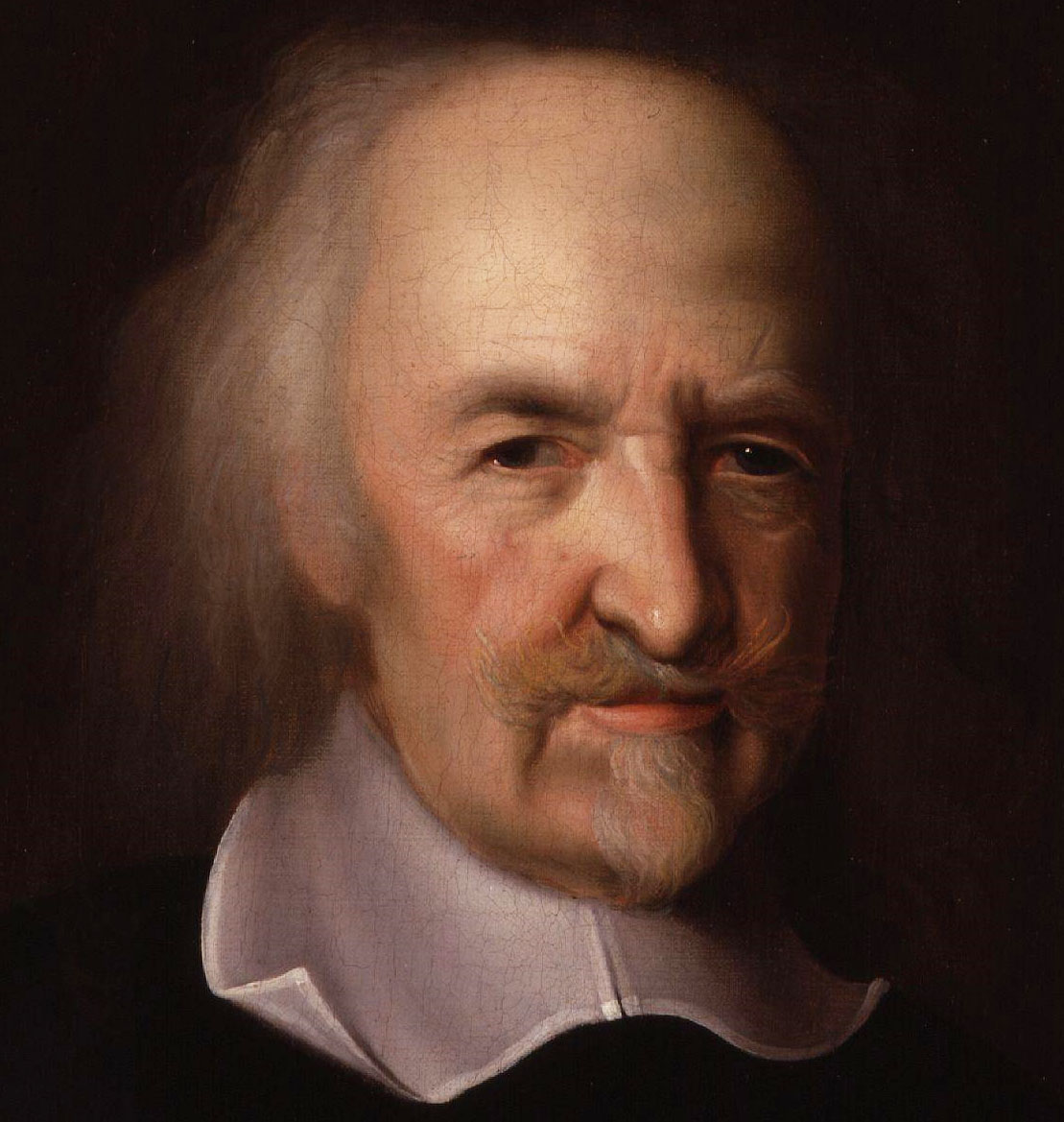You can read an introductory post to Krijn’s series on liberal political philosophy here.
In what Hobbes calls “the natural condition of mankind” (p. 86), people’s lives are be “solitary, poore, nasty, brutish and short.” (p. 89) Hobbes believes this, because of how he understands human freedom. As I explained in my previous article, Hobbes understanding of Human freedom has two important components:
- people are free, when they are not prevented from doing what they want
- what people want and do is necessitated by the law of necessary cause and effect, in the same way that what animals, and even objects ‘do’ is necessitated by cause and effect.
This understanding of human beings, as being in a fundamental sense no different from animals or objects (since all are subjected to cause and effect), has important consequences. First of all, because Hobbes believes that people are all of roughly equal strength, one person is often unable to prevent another from doing what they want. And since people want things that are incompatible, such as each other’s house or land, they will try to take what they want from each other, and fight with each other to get these things. This, according to Hobbes results in a “Warre of every one against every one” (p. 91), and thus ensures that people’s lives are solitary, poor, nasty brutish and short.
There is another important point to make here, which Hobbes also derives from his understanding of freedom: since this freedom for people to do what they want is no different from the freedom for animals or things, Hobbes thinks he cannot call this way of behaving unjust, as this is merely the way things are: people’s actions are necessitated by cause and effect, and since they want incompatible things, this war of all against all is the necessary consequence.
Hobbes clearly thinks this is a bad way for people to live – he calls it nasty and brutish after all. Only he thinks he cannot simply claim that what people are doing is wrong, since he thinks that what they are doing is just the inevitable consequence of their nature. And since he believes this is the natural state of the world, Hobbes feels he cannot claim that this war is unjust. He goes even further than that, and claims that in this natural state, nothing is just or unjust – right or wrong. Hobbes believes that freedom has nothing to do with right and wrong, to be free is simply to be able to do what you want, even when the consequence of that are war and death.
So here we have the problem that Hobbes is trying to solve: People are destined to fight and kill each other, and yet we cannot simply claim this to be wrong, and stop their fighting. In the next article, I’ll explain the solution Hobbes offers for this problem.
The quotes in this text come from Hobbes’s book Leviathan, which was first published in 1651.
Krijn van Eeden is a member of Liberal Youth (UK). He is originally from the Netherlands but is now studying for his Masters in Philosophy in Frankfurt.

